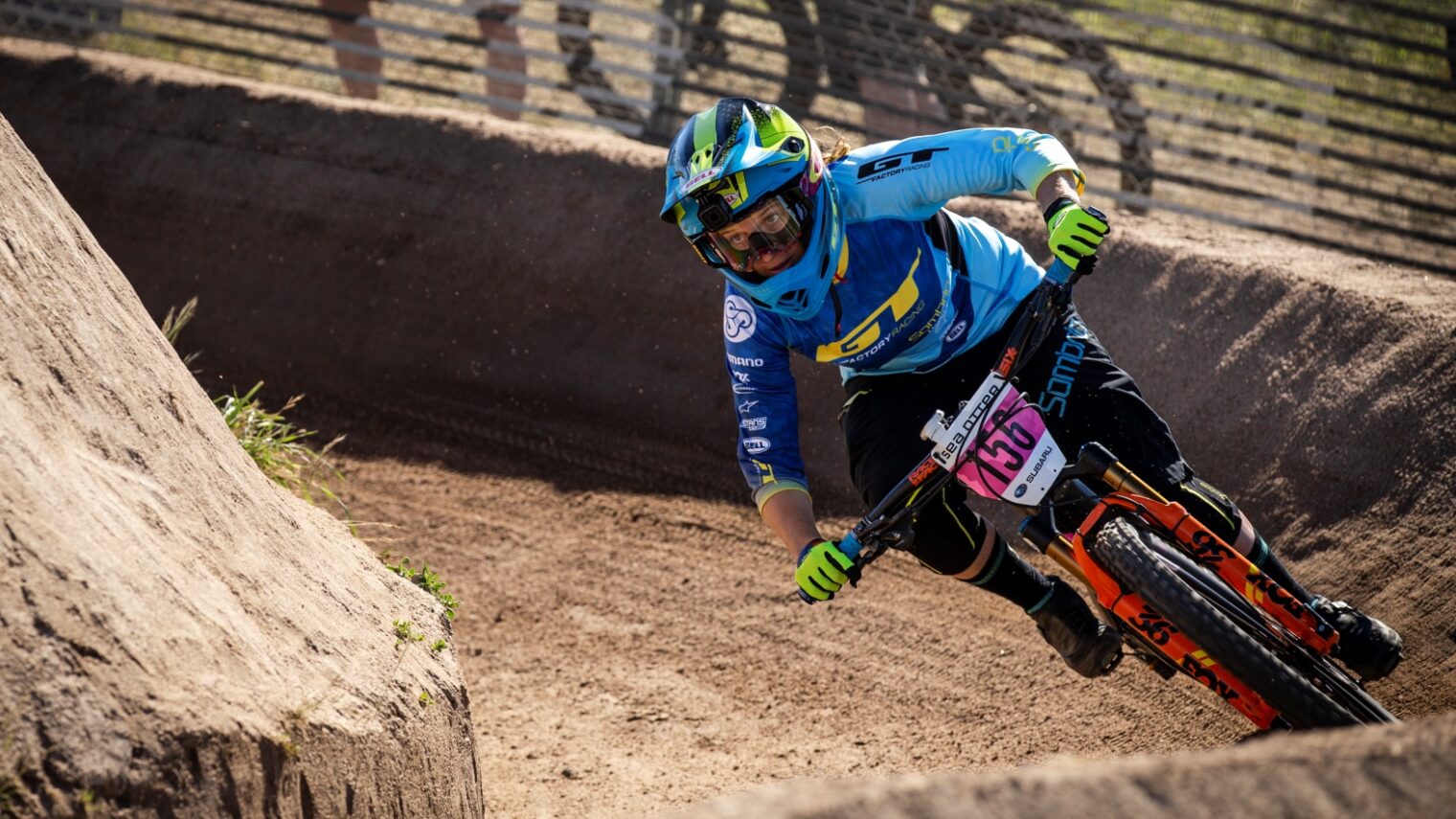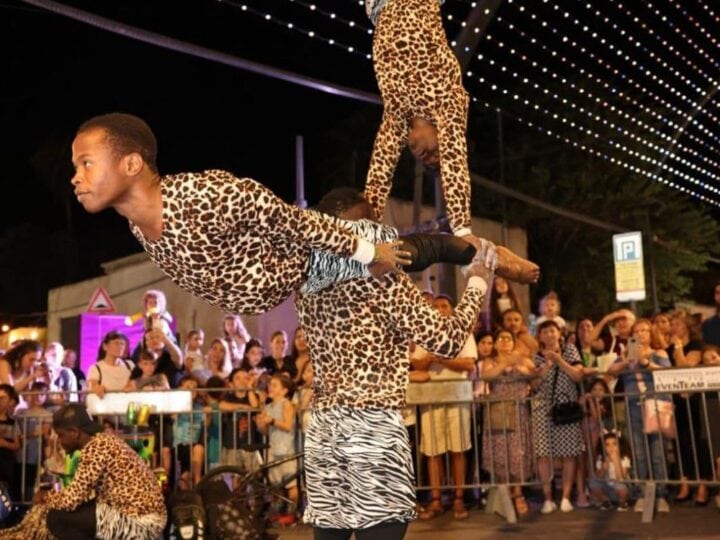Two broken ribs would send most of us to an easy chair, wincing in pain. Extreme biker Noga Korem from Israel isn’t like most of us. Speaking to ISRAEL21c from Chile just before the Enduro World Series (EWS) first race of the season in March, she acknowledged that the bones cracked in training hurt – but so what?
“That’s just part of the game; you get injured and make the best of it,” said Korem, 26, who never considered pulling out of the grueling two-day ride through the high Andes.
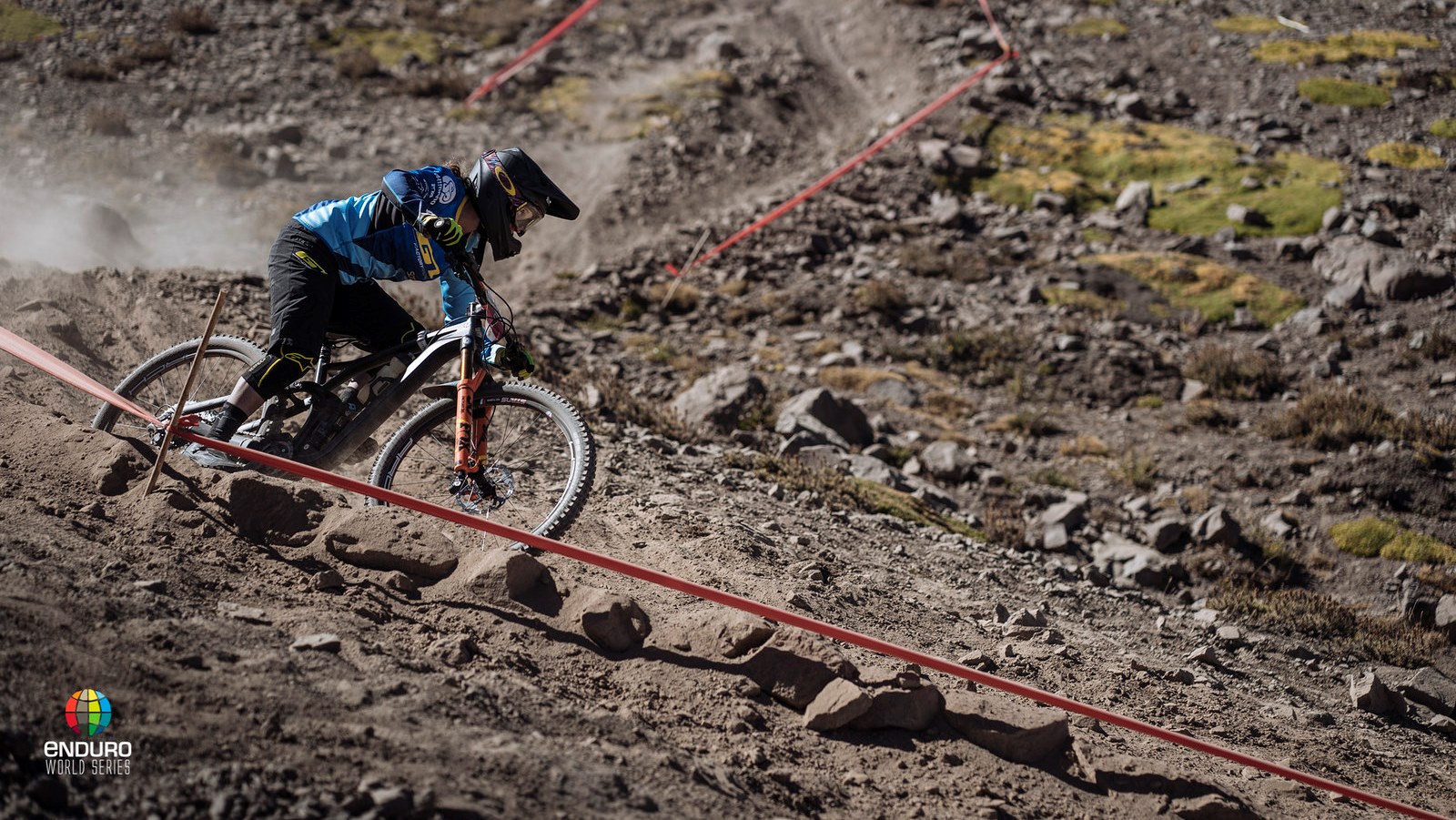
Korem was crowned Breakout EWS Rider of the Year in 2017, having snagged top-10 finishes in several races despite being a “privateer,” meaning she rode solo with financial support from a few corporate sponsors, handling every detail herself from booking flights to fixing bikes.
All that changed in 2018 when she was appointed the only woman member of GT Factory Racing’s Enduro team, joining Wyn Masters (New Zealand), Martin Maes (Belgium), George Brannigan (New Zealand) and Joey Foresta (USA).
They have a manager, mechanic, trainer, chef and physical therapist (handy for those broken ribs) accompanying them on tour, and they get to test the newest GT models.
“I just need to ride as fast as I can and they take care of the rest,” says Korem, the only Israeli woman ever named to a factory team.
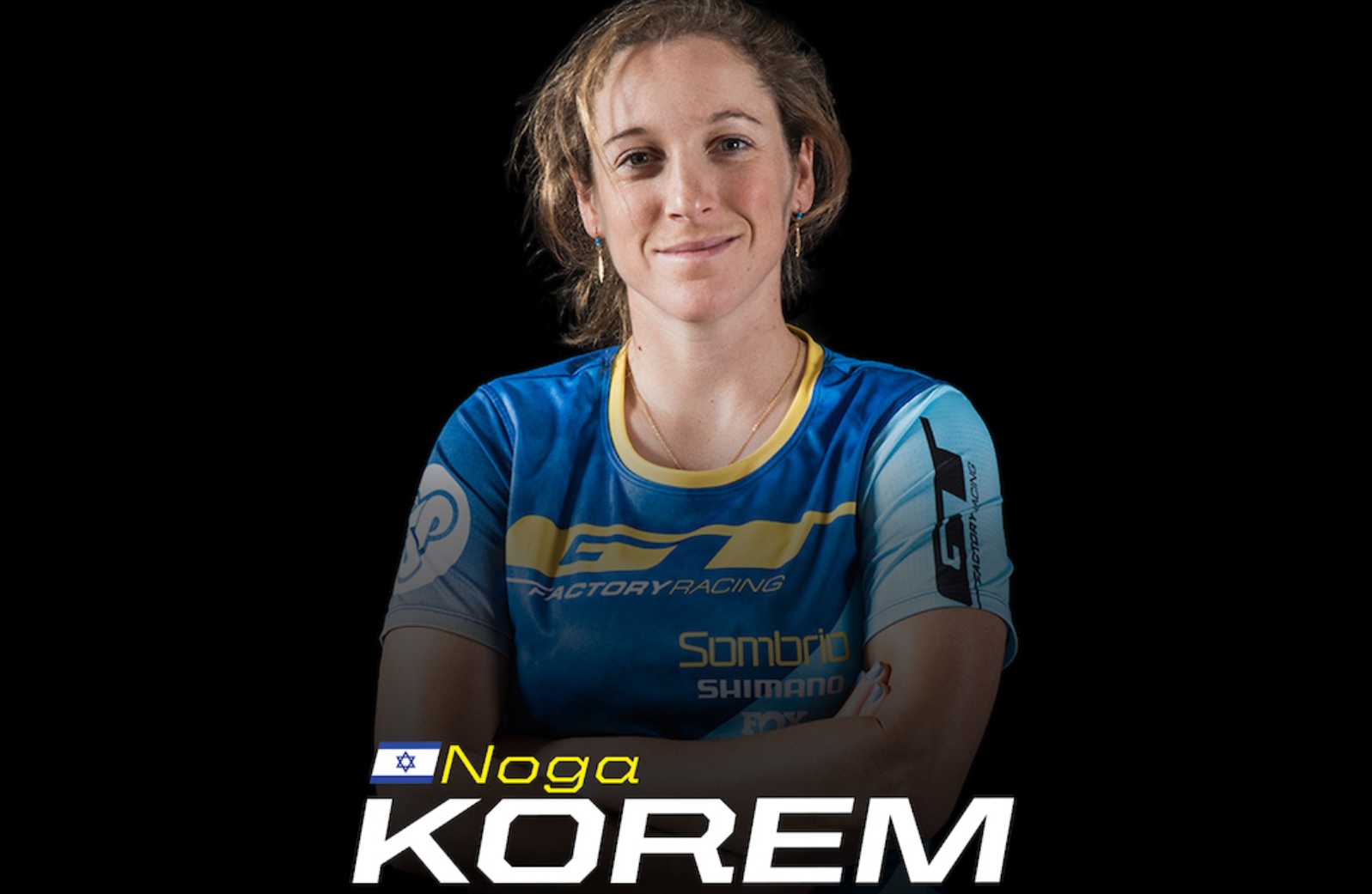
Though she represents the Connecticut-based GT Bicycles first and foremost, “I have the Israeli flag on my jersey, and on the EWS website they called me ‘the Israeli girl.’ It was really cool.”
Until 2017, Korem rode cross-country. When she came across Enduro, she fell head over heels for its uphills, downhills, turns and drops. The eight annual EWS mountain-biking races are organized by stages, with only the downhill stages timed. Cyclists get a certain amount of time to ascend the peaks, which can add up to 1,500 uphill meters per day.
Israel Cycling Academy
When she’s not traveling to competitions, Korem lives with her boyfriend near Kfar Saba in central Israel and works for the Israel Cycling Academy, Israel’s first pro cycling team.
Before Israel Cycling Academy (ICA) was founded in December 2014, team founder and chairman Ron Baron and his family hosted Korem at their home in Switzerland for several months while she was training under the tutelage of a Swiss cross-country coach.
Korem even rode with the ICA for a short time but road racing is not her thing, so she took a back-office role and says she takes great pride in the team’s accomplishments.
Korem plans to be there in May when the ICA hosts the three-day Big Start event kicking off this year’s Giro d’Italia — the first time the major road race will be rolling through Israel (or anywhere else outside of Europe) and the first time Israelis will participate.
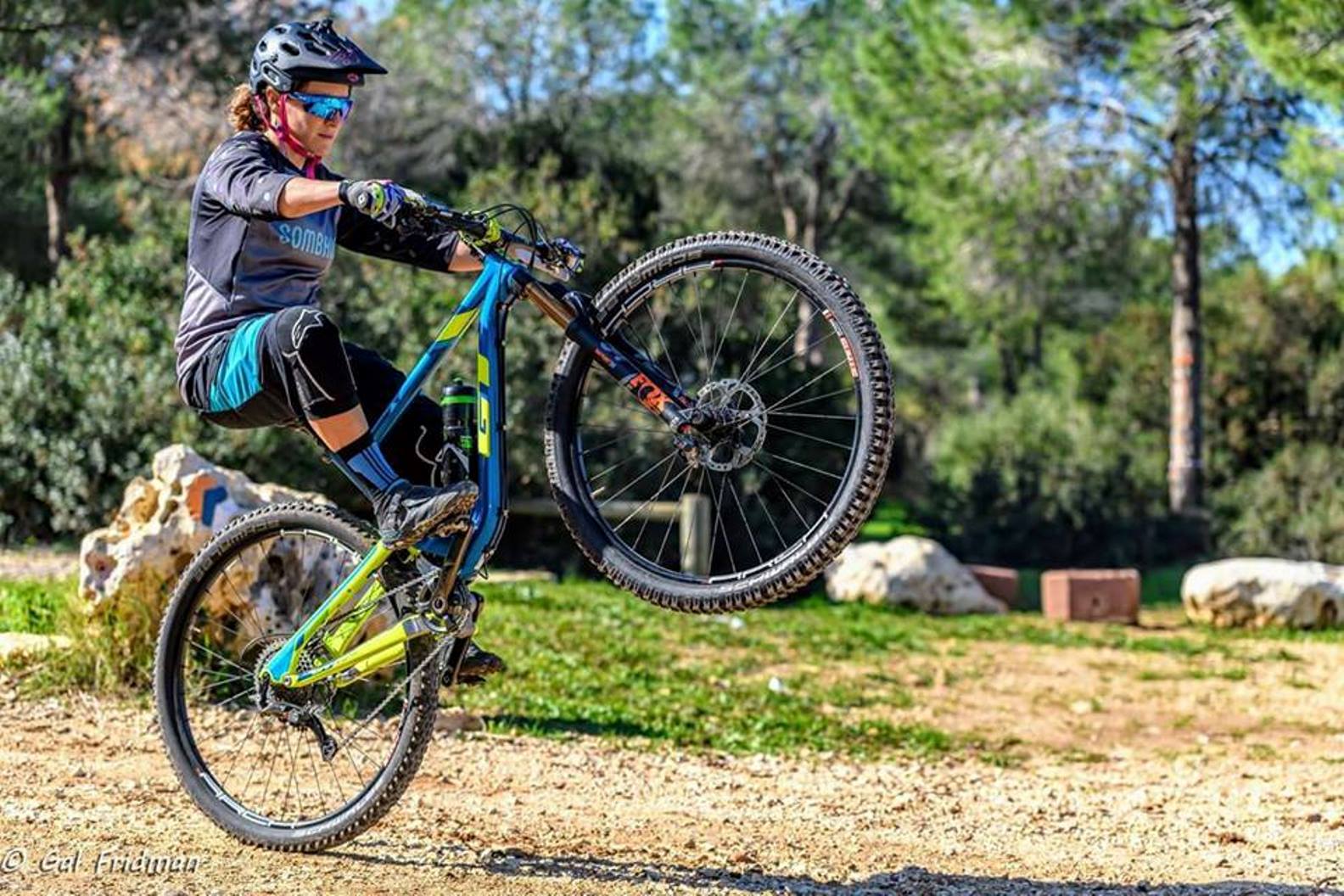
When she’s home, Korem enjoys showing off Israel’s forests and trails to visiting cyclist friends from countries such as Germany and the UK.
“It’s hard to find a really long downhill here like they have in Chile,” she concedes. “The best downhill is at Manara,” an extreme adventure park in the Upper Galilee boasting Israel’s longest cable-car ride, 2 kilometers up to the top of Manara Cliff.
Korem also rides in the Misgav region in northern Israel, where she grew up in a small village.
When she was about 11, a new boy named Oz Dudai moved into town and amazed the other kids with his cool bike and daring moves. They begged him to teach them how to do jumps on the ramps he built. “That’s when I really started getting into cross-country biking,” Korem says.
Dudai, now coach of Team Misgav, coached Korem for the next 10 years. In 2009, she placed fifth in the junior category of the world championships a few months before starting her two-year military service as an Outstanding Athlete, a designation that allowed her to continue training and competing across the world.
“I had some good seasons and some bad seasons. I took a break in 2012 and in the beginning of 2014 I wanted to try a comeback.”
Her dream was to qualify for the Olympics. That dream didn’t materialize, but two years later she learned about the Enduro series and the rest is history.
“My parents educated me that if I want to do something I will somehow make it happen. Israelis do not give up when it’s hard. You just have to be more creative and have a little chutzpah,” she says.




